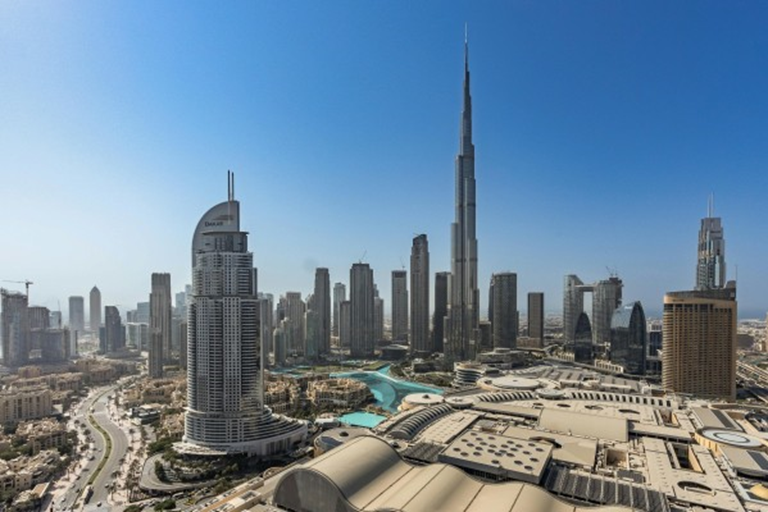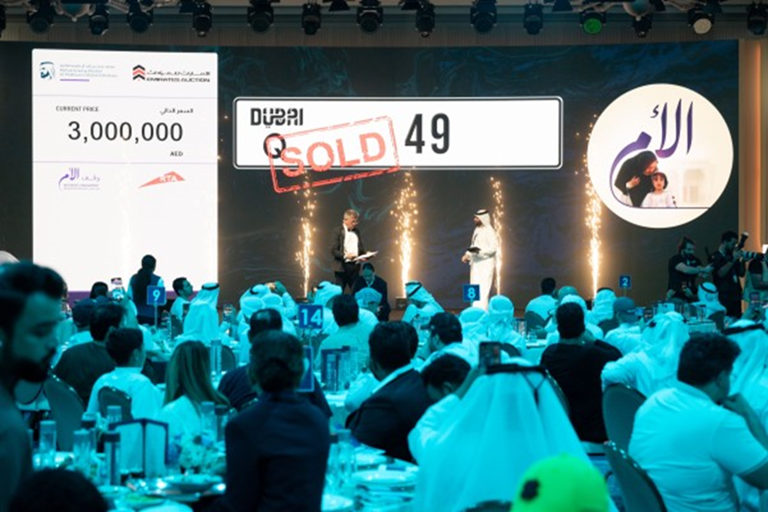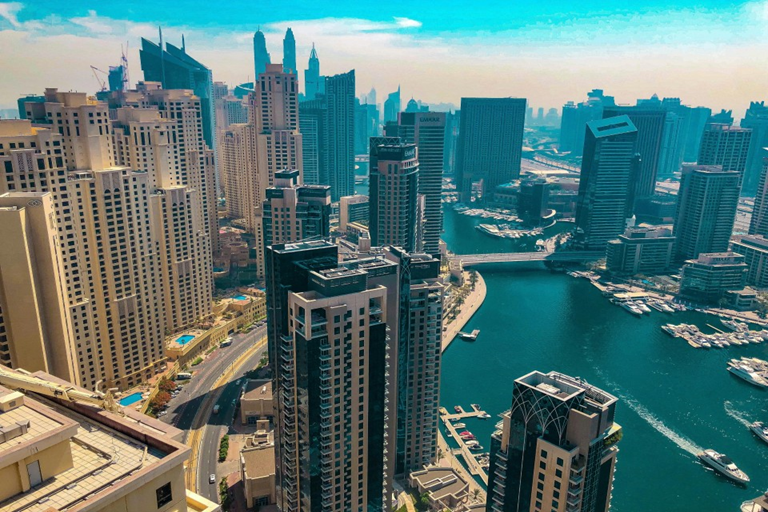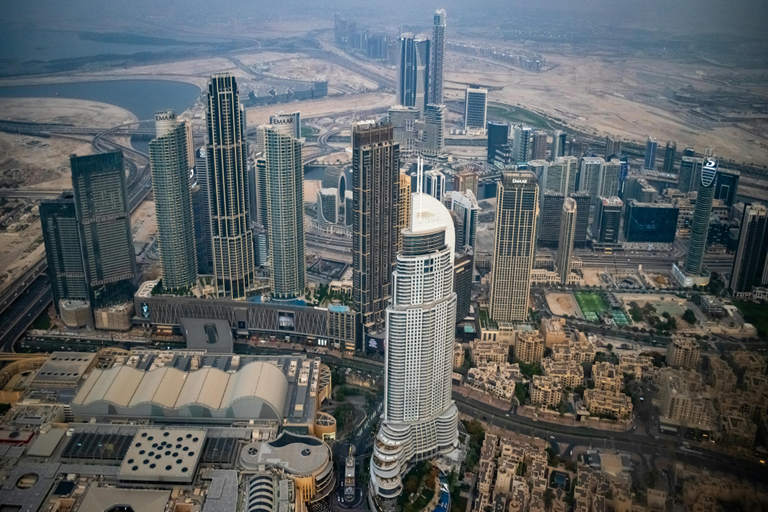Dubai’s thriving real estate market continues to attract international investors due to its robust economy, investor-friendly policies, and tax-free benefits. Deciding between commercial property and residential real estate hinges on factors such as investment objectives, risk tolerance, and prevailing market trends. This article delves into the differences, benefits, and challenges of both options to guide you in making a well-informed choice.
Commercial Property vs. Residential Real Estate: Where Should You Invest in Dubai?
Dubai’s thriving real estate market continues to attract international investors due to its robust economy, investor-friendly policies, and tax-free benefits. Deciding between commercial property and residential real estate hinges on factors such as investment objectives, risk tolerance, and prevailing market trends. This article delves into the differences, benefits, and challenges of both options to guide you in making a well-informed choice.
1. Differentiating Commercial and Residential Real Estate
Commercial Real Estate
This category includes office spaces, warehouses, retail outlets, and industrial properties. Such assets are intended for business operations and generate revenue through leasing or rental contracts.
Residential Real Estate
This sector encompasses villas, apartments, and townhouses designed for personal or family use. Income here primarily comes from rental returns or capital appreciation.
2. Benefits of Investing in Commercial Property
- Higher Rental Yields: Commercial properties in Dubai often deliver yields between 6% and 10%, outperforming residential investments.
- Long-Term Leases: Tenants in commercial spaces typically commit to leases spanning 5–10 years, ensuring steady income.
- Reduced Maintenance Costs: Tenants usually handle fit-outs, repairs, and upkeep, easing the burden on property owners.
- Demand in Key Locations: Business hubs like Downtown Dubai, DIFC, and Business Bay remain popular choices for enterprises.

3. Benefits of Investing in Residential Real Estate
- Broad Tenant Base: Residential properties appeal to expatriates, locals, and tourists, ensuring consistent demand.
- Lower Initial Investment: Entry costs are generally more affordable than those for commercial properties.
- Minimal Vacancies: High-demand areas like Dubai Marina and Jumeirah Village Circle typically experience shorter vacancy periods.
- Versatility: Residential properties offer flexible usage options—live in, lease out, or sell.
4. Challenges of Each Sector
Commercial Property
- Market Volatility: Demand for office and retail spaces can fluctuate during economic downturns.
- High Upfront Costs: Substantial capital is required for acquisition and setup.
- Longer Vacancy Periods: Finding suitable tenants for commercial spaces can take time.
Residential Real Estate
- Lower Rental Yields: Residential yields typically range from 4% to 7%, trailing behind commercial returns.
- Maintenance Costs: Owners often shoulder expenses for repairs and utilities.
- Frequent Tenant Turnover: More frequent changes in tenants can result in administrative challenges and potential income gaps.
5. Factors to Consider When Choosing
1. Investment Objectives
- For higher rental income and longer lease terms, commercial real estate is the way to go.
- Residential properties are ideal for capital growth and flexibility.
2. Market Trends
- Commercial: Co-working spaces and online commerce are reshaping traditional office and retail markets.
- Residential: Dubai’s growing expatriate population and long-term residency programs, such as the Golden Visa, have driven demand for housing.
3. Prime Locations
- Commercial Hotspots: Downtown Dubai, DIFC, and Business Bay.
- Residential Hotspots: Dubai Hills Estate, Palm Jumeirah, and Jumeirah Village Circle.
4. Risk Appetite
- Commercial properties offer higher potential returns but come with greater risks.
- Residential properties are typically lower-risk, offering steady, moderate returns.
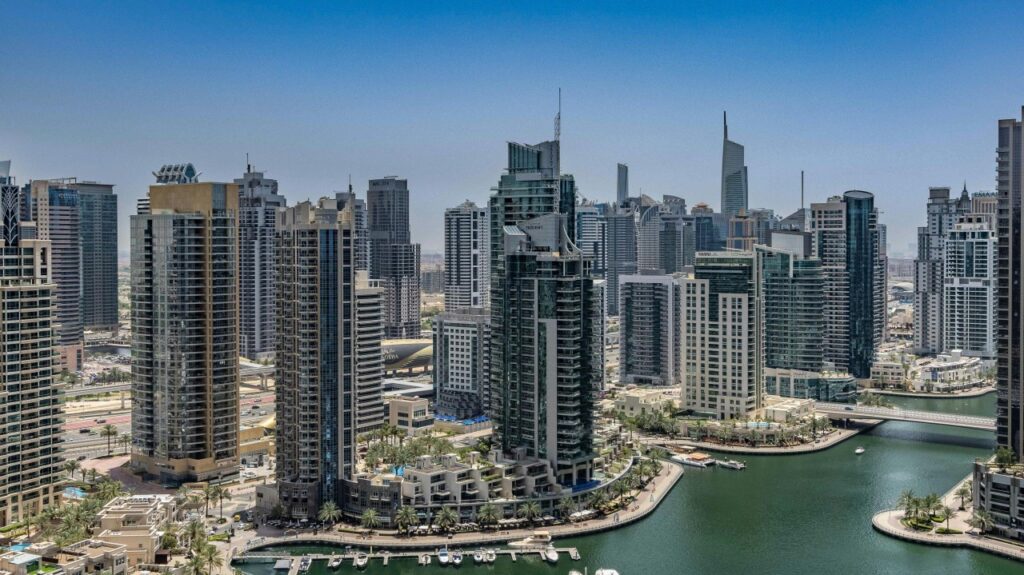
6. Legal and Regulatory Requirements
Commercial Real Estate
- Must adhere to Dubai Land Department (DLD) regulations and, where applicable, free zone authority guidelines.
- May require permits for specific business activities.
Residential Real Estate
- Governed by tenancy laws through the Dubai Rental Disputes Center (RDC).
- Leasing can be handled directly by owners or through property management services.
7. Financing Opportunities in Dubai
Both property types offer accessible financing options:
- Commercial Loans: These require higher down payments and often come with elevated interest rates.
- Residential Mortgages: Competitive rates and flexible repayment terms are commonly available for first-time buyers.

Dubai’s real estate market offers attractive opportunities in both commercial and residential segments.
- Choose commercial properties if your priority is higher yields and long-term stability.
- Opt for residential properties for lower entry costs, steady demand, and flexible usage.
Seeking advice from a reliable real estate expert can simplify the process and maximize your investment potential.
Get in touch with ALIKE ASSOCIATE today.
For assistance, contact info@alikedxb.com or call +971 529480467.
Visit our LinkedIn profile to learn more: ALIKE ASSOCIATE on LinkedIn.

